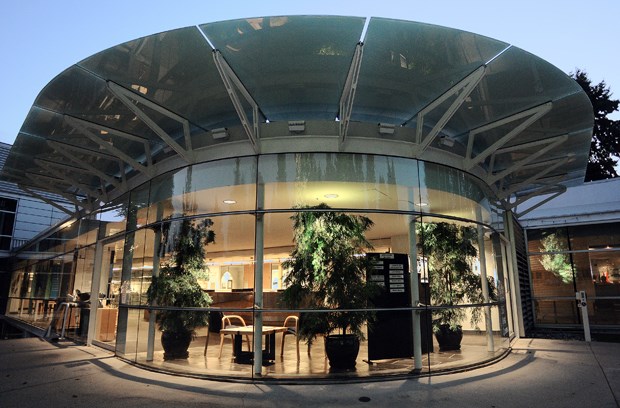District of North Vancouver property owners are looking at a three per cent bump in municipal tax rates in 2018.
District council members met as a committee on Tuesday to begin the final stages of hammering out the 2018 budget. Council is following a template they’ve been using for several years whereby taxes go up two per cent to maintain services as current levels amid inflation, plus another one per cent to be socked away for maintenance and replacement of aging infrastructure.
A three per cent tax bump will raise the typical single-family homeowner’s annual bill by about $65, according to a district staff report.
New items in the $160.2-million operating budget include staffing up for bylaw enforcement, building inspections and park rangers.
Major projects in the $65.9-million capital plan include a new Maplewood fire hall, artificial turf fields at Argyle Secondary and Inter River Park, improvements at Seylynn and Lynn Canyon parks, $3 million for affordable housing, construction of the Lions Gate Community Centre, continued work on the Mountain Highway interchange project and $10 million over five years to be spent on active transportation projects – pedestrian and bicycle infrastructure.
Members of council were largely in agreement with the draft budget before them Tuesday although there were lingering concerns, high among them how this year’s taxes would affect commercial and industrial businesses, which have seen their assessments spike 30 to 50 per cent over the last year. Council hasn’t yet had a discussion on how it may shift some of the total tax burden for the district away from businesses and onto residential property owners.
If council keeps to its expected revenues and expenditures, it will have more than $92 million in reserves by the end of 2018, and more than $126 million by 2022. Mayor Richard Walton said he is frequently questioned on why the district would need to keep raising taxes when it already has so much in the bank. The alternative, he said, would be waiting until a building or road has reached the end of its life and then replacing it through higher tax increases or debt financing.
“If you don’t have the reserves, what you’re doing is putting all of those charges onto the future. Maybe that’s entirely appropriate. Some people run their lives that way. They don’t save for anything,” he said. “What we try to do is find that balance.”
Council held public input on the proposed budget on Monday night, with only four speakers coming out to voice concerns or offer praise. Coun. Mathew Bond suggested it was time to survey district residents to gauge their level of satisfaction with their services, to see if indeed the district is on the right course.
Council is expected to have its first vote on the 2018 budget by the end of the month. They will be the first local government on the North Shore to do so.



